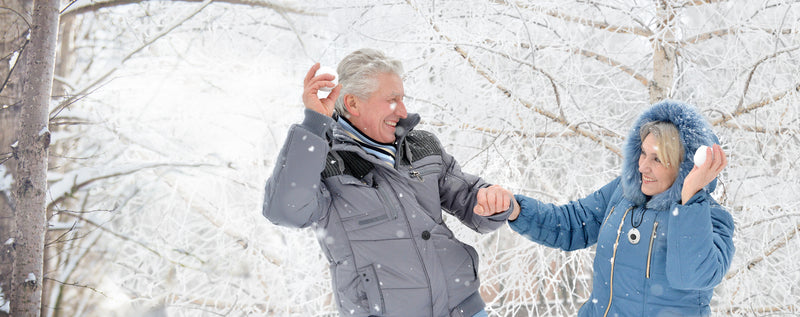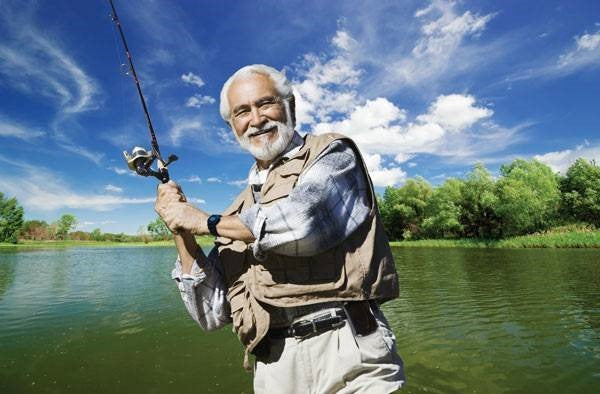Your Safety
It’s Beginning to Look A Lot Like… WINTER!

For much of the continental U.S., winter is a lot like taxes – one of the harsher realities of life. With its icy walkways, shoveling requirements and plunging temperatures, it also represents one of the more dangerous times of the year for older adults.
Jim Miller, editor of Savvy Senior, recently shared some valuable home and auto safety tips seniors can use to stay safe as the thermometer mercury plummets:
Home heating safety: More home fires happen during the winter months than any other time of the year, mainly due to home heating devices. In addition, heating devices and household appliances that are fueled by gas, oil, kerosene or wood in a closed-up house can produce deadly carbon monoxide gas.
Some simple things seniors can do to protect themselves are:
- Install smoke and carbon monoxide detectors on every level of the home. Make sure to check the batteries every month and change them at least once a year.
- If you’re using a space heater remember they need space and air circulation around them. Keep anything flammable at least three feet away from the heater, and if you’re planning to buy a new space heater get one that automatically shuts off if the heater tips over.
- If you use a wood burning fireplace, make sure you have a glass front or screen large enough to catch flying sparks and rolling logs. You should also have the chimney flue pipe checked and cleaned once a year.
- Get an ABC multi-purpose fire extinguisher for the home; learn how to use it and check it yearly to be sure is working.

Winter auto safety: To ensure wintertime driving safety — if you live in a cold climate — have your vehicle serviced and winterized so it’s ready for winter driving and winter road conditions.
Some specific items to be checked are:
- Tires: Check the tire air pressure and make sure your tires have sufficient tread (Insider tip: if you think you need new tires, you can avoid the high prices of the local tire shops – or keep them honest – but checking prices against a couple online tire outlets).
- Radiator: Have the anti-freeze levels checked.
- Belts: Inspect the belts and hoses for cracks or leaks.
- Oil: Ask your mechanic about switching to a thinner grade of engine oil for better performance in colder temperatures.
- Wipers: Inspect the windshield wipers and wiper fluid to ensure better visibility.
- Battery: Make sure the battery is fully charged.
Preventing wintertime falls: A common problem among the elderly are slips and falls which result in injury, which tend to happen more frequently in winter due to wet and slippery conditions. To help prevent wintertime falls, seniors should:
- Wear shoes or boots with non-skid soles.
- Stay only on sidewalks or areas that have been cleared of snow and ice.
- Use handrails when available.
- Avoid going out after dark or in hazardous weather conditions.
But if you’re an active senior, and wintertime slips and falls are a concern, you may also want to investigate getting a medical alert system that allows you to access help even when outside and away from your home, to ensure if a fall occurs, you have access to help immediately.
With just a couple preventive measures, winter can be more about the wonder and less about the danger.









